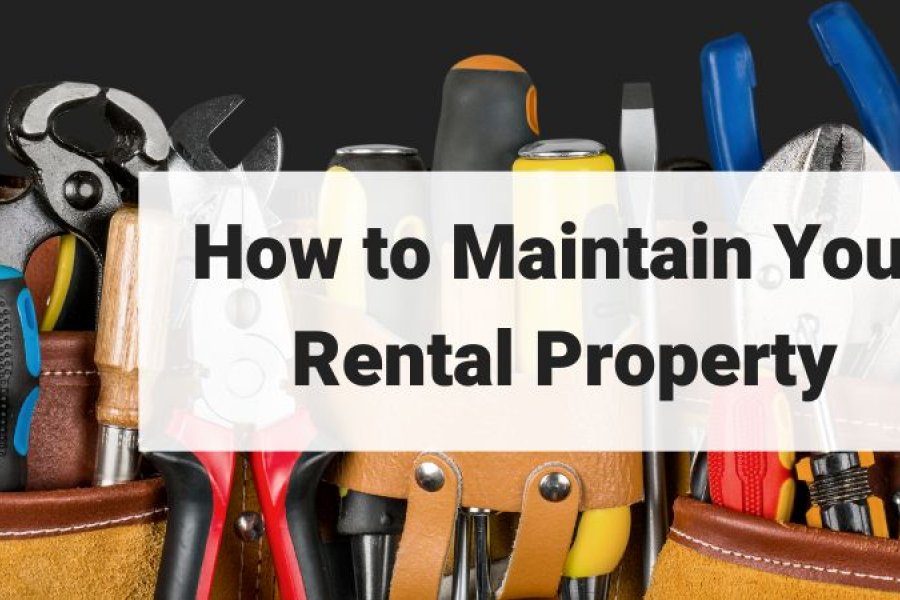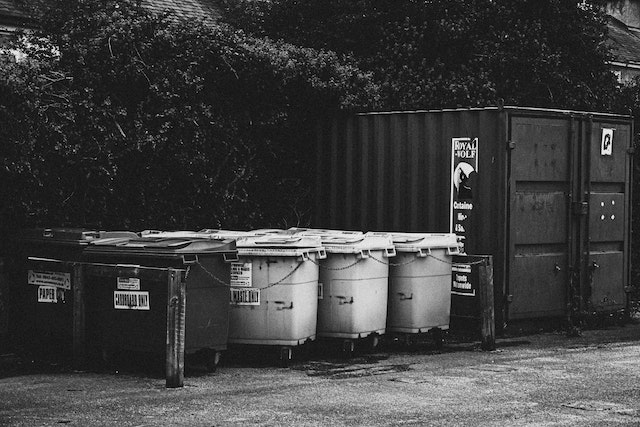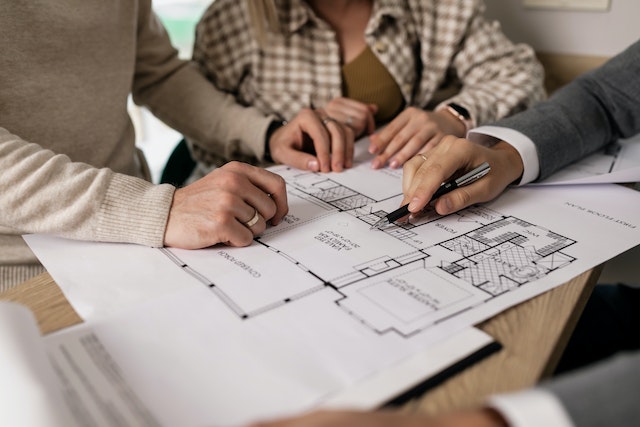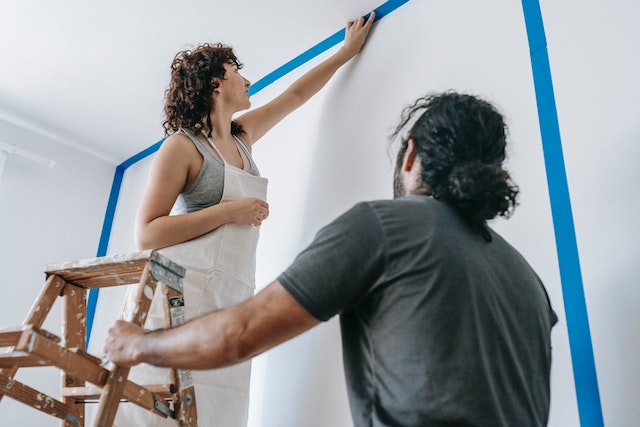
One of the hallmarks of a successful rental business is having a well-maintained rental property. Maintaining a habitable unit helps in tenant retention thus securing a more steady rental income. It can also lead to having happy and satisfied tenants.
In contrast to single-family properties, rental units require more regular maintenance due to the building’s size and the number of occupants you’re servicing.
As a landlord, your duty is to be aware of your maintenance responsibilities and them carry out properly. Likewise, renters have their own responsibilities when it comes to maintaining the rental.
What Are a Landlord’s Property Maintenance Responsibilities?
Being a landlord entails performing maintenance tasks that comply with landlord-tenant laws. In general, landlords are expected to conduct the following duties:
Provide the Right Number of Garbage Containers
Without the proper supply of garbage bins, your renters may not have a place to dispose of their trash. This can lead to pest infestation, build-up of dirt, grime, and bad smells.
These issues can make a space uninhabitable, thus violating a tenant's right to a safe living space. So, make sure to issue garbage containers so tenants can get rid of their trash items.

To know how many trash receptacles are needed, consider how frequently the garbage is collected around your neighborhood. You should also take note of the number of renters you have. If the trash isn’t collected often, then provide larger receptacles.
The more occupants, the greater the number of trash bins that should be issued.
Make Sure Running Water is Available
With water being used in the kitchen, bathrooms, and laundry, it’s hard to have a running supply. Ensure that you have uninterrupted water service. Additionally, your water heater should also be in good working order so your renters can readily obtain hot water if they desire it.
Comply with Building Codes
For health and safety reasons, there’s a set number of residents that a property should have. It’s the responsibility of landlords to follow this guideline and act quickly during maintenance emergencies. They must also provide smoke and carbon monoxide detectors in the unit for greater safety.
Another duty to tend to is inspecting home systems, such as plumbing and electrical to make sure damages are repaired and all is functional. What’s more, landlords must be responsible for addressing problems of mold, lead paint, and pest infestations.

Staying on top of all maintenance issues or potential health hazards will ensure that you and your rental at abiding by habitability laws.
Maintain the Common Property Areas
To prevent renters from experiencing injuries or accidents on the property, landlords must maintain the common areas of the rental. Stairs must be regularly inspected and the banisters should be stable. Floors must also not be slippery and must be free from any barriers or debris.
Perform Property Repairs
When damages occur, landlords should get in touch with contractors to have them fixed promptly. Should the property damage be caused by a renter’s abuse or neglect, the landlord can use the security deposit to cover the cost of the repairs.
They need to present the receipt and include the list of deductions to the tenant when the tenancy ends along with the remainder of the deposit.
Tenants’ Duty to Help with Property Maintenance
It’s common to attribute property maintenance to landlords. However, tenants also have their own maintenance duties to fulfill. General, renters are expected to do the following:
Eliminate Sanitary Hazards
Though landlords provide trash receptacles, tenants have a duty to get rid of their garbage. If not, a pest infestationcan start which can be a costly maintenance issue. For the tenants’ health, it’s important for them to keep a clean rental property and abide by sanitation standards.
Adhere to Building and Housing Codes
For safety, buildings are assigned a designated number of residents. Leases normally state the acceptable number of occupants and this should be followed.

Tenants must not invite in more occupants since this can be a safety hazard. Tenants should, therefore, check the occupancy limits and abide by any regulations on guests and subletting.
Another issue that arises from renters going past the set limits is the resulting excess wear and tear. The more people are living inside a unit, the greater the risk of damage. If the landlord pays the utility bills, this also leads to higher utility costs.
Prevent Mold Growth
Renters must pay attention to moisture levels to prevent mold from forming. After taking a shower, they can open the bathroom windows so the moisture can dissipate quickly. They can also use fans throughout the unit to keep airflow more regular.
In the event that they spot signs of mold growth, the renters must report it to the landlord immediately so proper solutions can be carried out.
Avoid the Disturbance of Potential Lead Paint
If your property was constructed before 1978, it’s possible that there’s a presence of lead paint. Landlords must disclose this information prior to renting out the unit.
If this risk is present, renters must seek authorization from the landlord when conducting property updates or redecorating especially if it requires repainting or drilling holes in walls.

This is because these actions have the potential to disturb the lead paint and put the health of the residents in danger.
Show Respect to the Property
Tenants must take care of the units they’re staying in and at the least, keep them tidy. This extends to appliances and furnishings provided by the landlord as they must be used for their intended purpose and kept clean.
Ways for Tenants to Support Property Maintenance
Renters can carry out additional maintenance tasks. To maintain curb appeal, they can trim the grass, rake fallen leaves, and ensure that the gutter is free from debris. They can also help maintain the common areas by properly getting rid of garbage, sweeping the floors, or vacuuming.
Bottom Line
Ensuring that both the landlord and their tenants are doing their part to maintain the unit will ensure everyone's safety and comfort. If you need help maintaining or managing your rentals, contact State Property Management, your reliable property management company in Orlando, today!